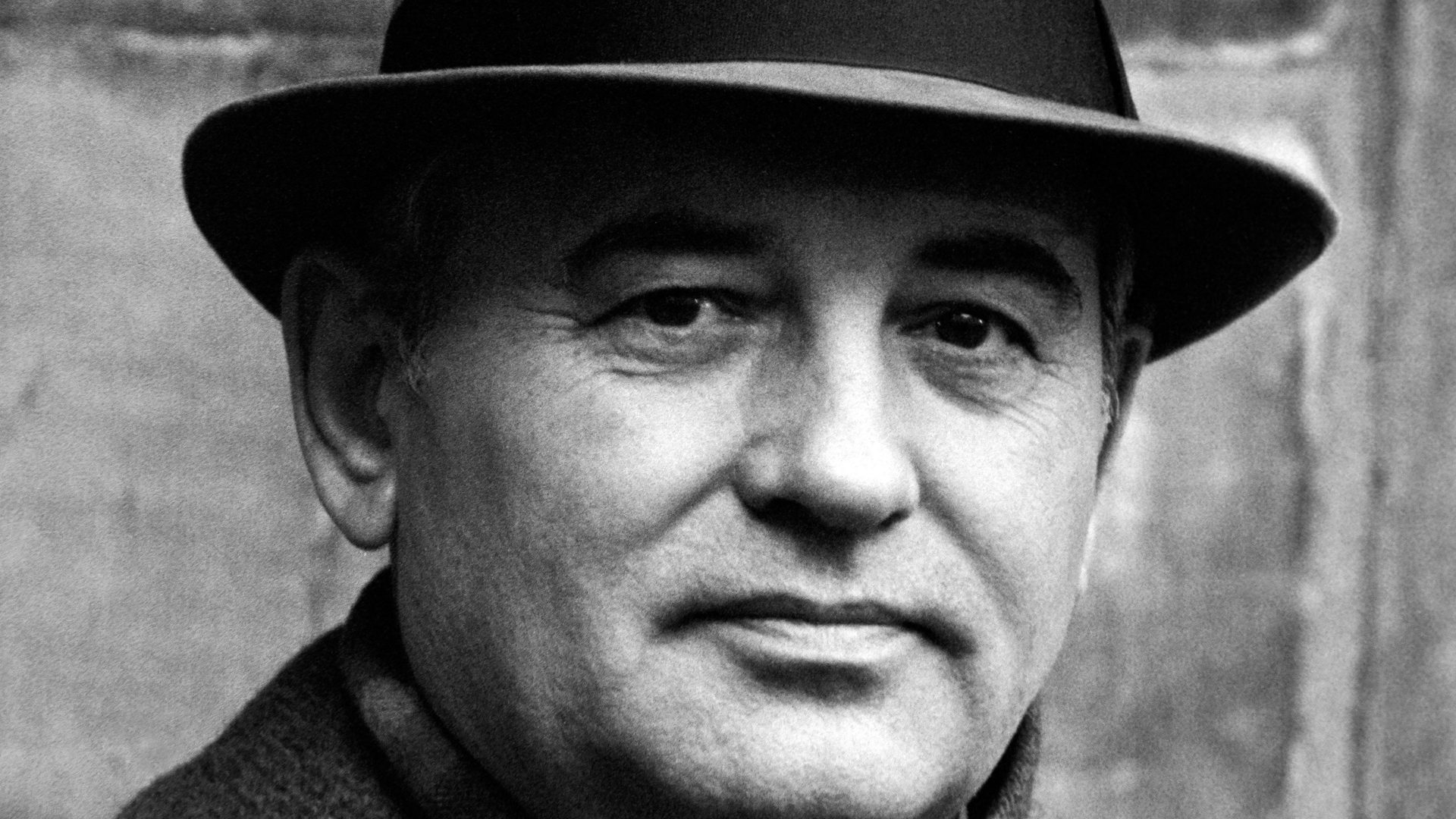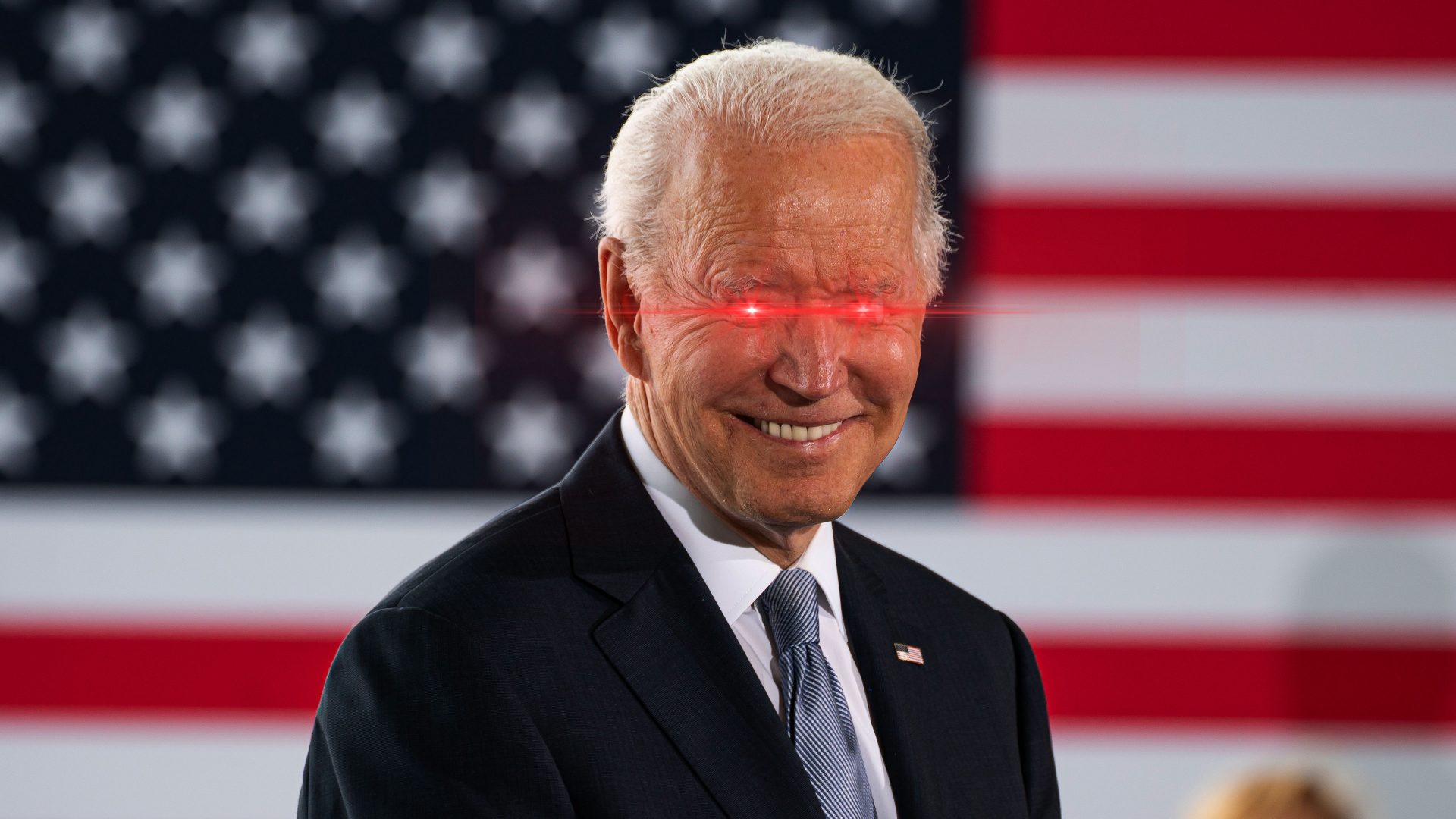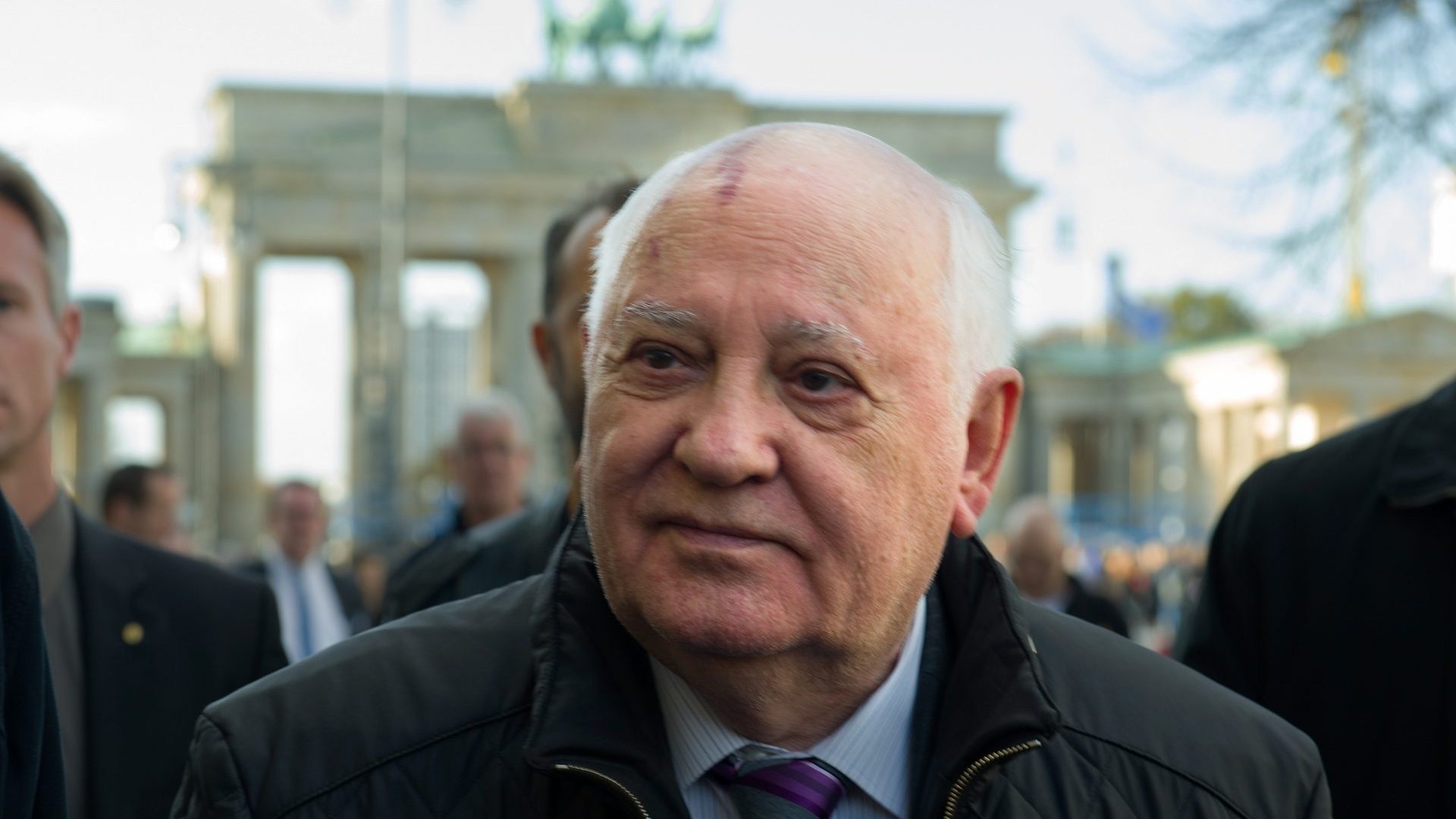Gorbachev – was he a heroic figure who delivered a peaceful end to the cold war, or was he seduced by the west into making the betrayals that broke up Soviet Russia’s empire? His legacy cannot avoid being interpreted through the optic of post-imperial Russia’s present-day agonies.
Gorbachev was the party apparatchik thrust by events to international prominence. I met him several times after he had left office and had become an international political celebrity. I found him singularly unimpressive – a poor speaker without obvious charisma. It was hard to see the figure who bestrode history and had released large parts of central and eastern Europe from the Soviet thrall. He seemed in a constant state of bewilderment about his achievements but happy to enjoy the adulation. In himself he remained an enigmatic and very Russian leader; but the only one paradoxically to have achieved acclaim in the west.
The apparatchik had at some point experienced a Damascene conversion: it dawned on him that the tide of history pulling the Soviet empire apart was irresistible. He therefore chose, contrary to everything his communist upbringing had taught him, to ride events without resorting to the classic Soviet response of brutal repression of the opposition. His unusual penchant for walkabout politics in Russia and abroad gave him visibility, and probably contributed to his accurate reading of the contemporary political mood. It also accorded him a degree of popularity, previously unknown to other Soviet political figures.
For anyone who regularly passed through the iron curtain and experienced firsthand the forward areas of the cold war, it was very hard to see that the separation of the European continent or the global confrontation between east and west could or would end. The structures of control, massive and minute in their detail, that the Soviet Empire had built, reached into every corner of its society; and the mechanism it used to project Soviet power reached far beyond the borders of its client states. It was a monumental construct built with the precision of a Swiss watch. Surely it could never break down.
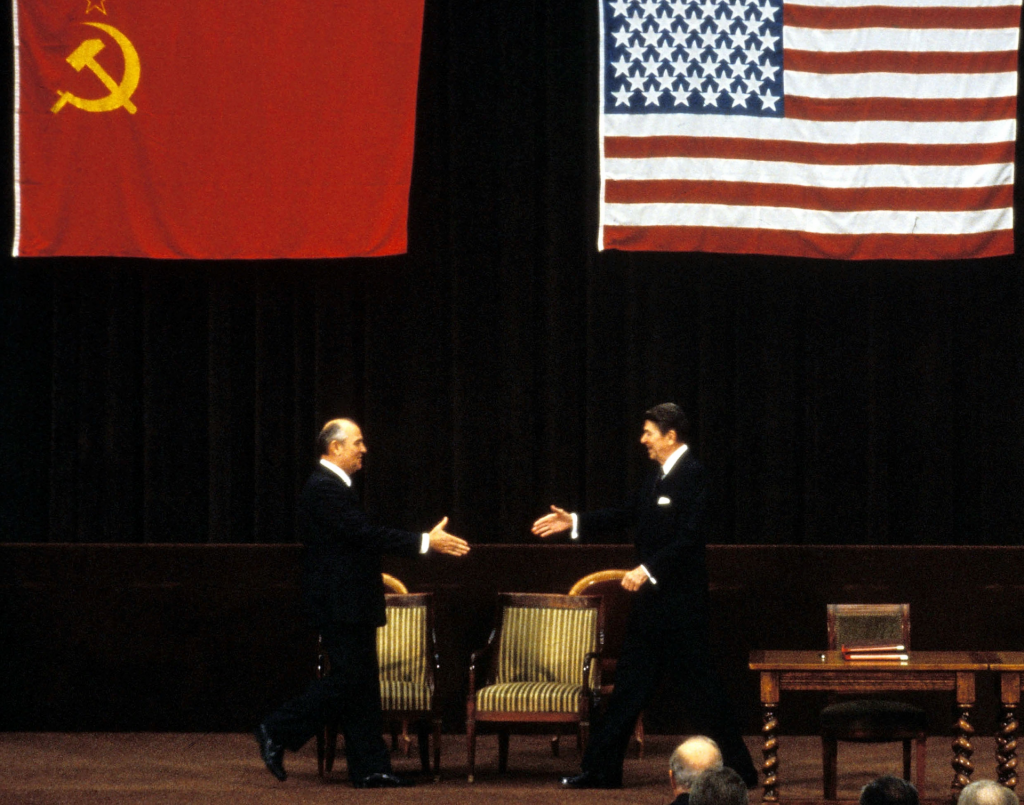
That this huge edifice did crumble so easily seemed like a miracle to its enslaved subjects. Those countries that regained their independence, without having to fight for it, were therefore indebted to Gorbachev. He had not made history, but history made his reputation as the Russian leader who did not intervene to prevent the fundamental reordering of Europe’s security architecture. Within a matter of months the iron curtain was dismantled, and the communist parties of the empire, with their genius for organisation and control, but no longer underwritten by Soviet power, had vaporised.
The key political consequence for Europe at that time was not so much the disappearance of the Soviet threat but the reunification of Germany. I recall a private dinner with Margaret Thatcher shortly after her resignation at which she expressed her deep concern about the political emergence of a single united Germany. She had not expected it and warned against it. Over time it would unbalance Europe and she predicted that Germany would become, in spite of itself, an overbearing continental power.
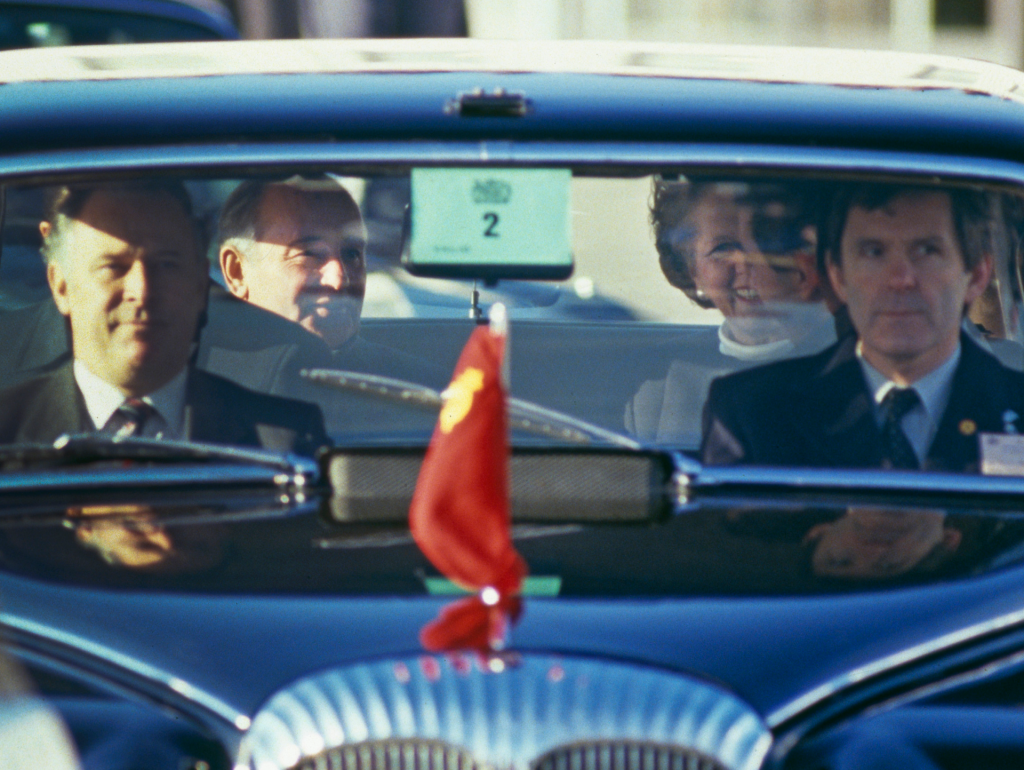
It had taken two devastating wars for Europe to accommodate the remnants of Bismarck’s German Prussian nation state, his lifetime’s work. Gorbachev was certainly no Bismarck, but his inertia allowed the German Democratic Republic, Soviet Russia’s most formidable European ally, to escape its imperial grip. It was also where both Putin and Merkel had been schooled in their early careers – an irrelevance perhaps, but the matched experience might well have played a role in building Merkel’s trust in Russia as the supplier of single Germany’s energy. The GDR had its own strong political culture.
The key political consequence for Russia was the partial breakdown of its political and economic life. It simply did not have the constitutional machinery or civic infrastructure to handle major political change. Visiting Moscow during that period was to observe an excited but chaotic place which juxtaposed desperate babushkas selling their meagre possessions in makeshift street markets and the black limousine convoys of the super-rich travelling through the city with total disregard for traffic regulations.
Gorbachev was not interested in democracy. The concessions that he made were designed to keep the Communist Party in power but as a domestic political leader he was clearly out of his depth, and especially incompetent in facing up to the problems of Russia’s economic meltdown. With the benefit of hindsight, Russia’s 30-year journey back to autocracy and a type of political stability is more easily explained when you realise that the democratic opportunities that Gorbachev created had a limited appeal to a majority of the Russian people. They craved a more ordered society with little concern about the distance, traditionally very short in Russian history, between order and control. It is no surprise that his legacy at home has been so different to the adulation of the west.
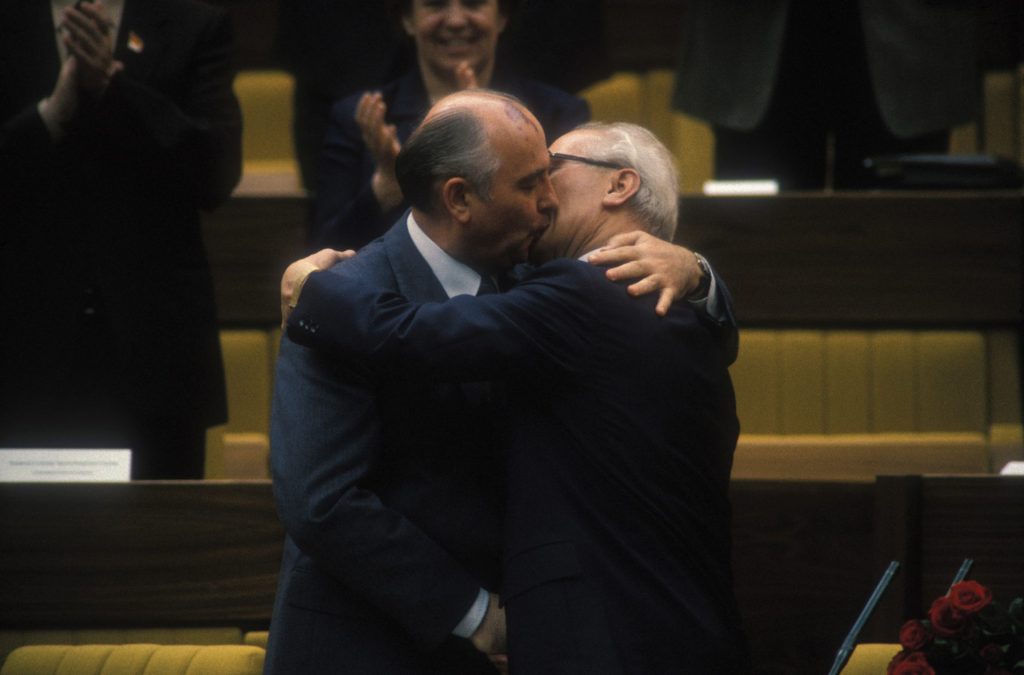
Gorbachev never spoke out about Russia’s annexation of Crimea. However it is difficult to imagine he would have taken the fateful decision to start a major war on the European continent to keep Ukraine in Russia’s orbit. Gorbachev’s claim to greatness is that he did not resort to violence in trying to maintain Russian power and prestige. In that respect when Putin’s regime passes, as it will because of the catastrophe of Ukraine, Gorbachev’s role in the history of the late 20th century may come to be viewed in his own country through a different optic.

